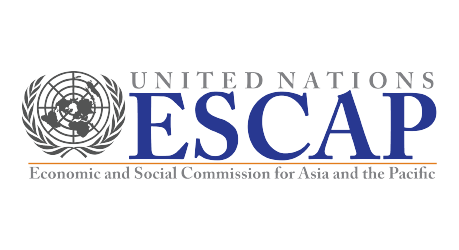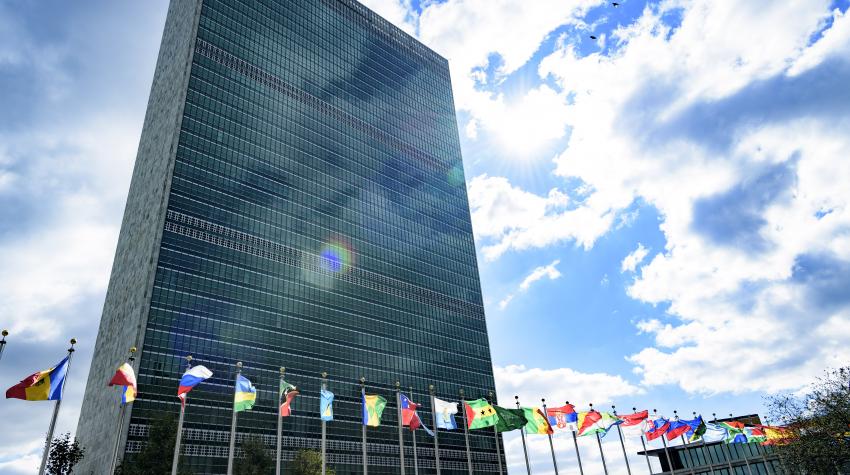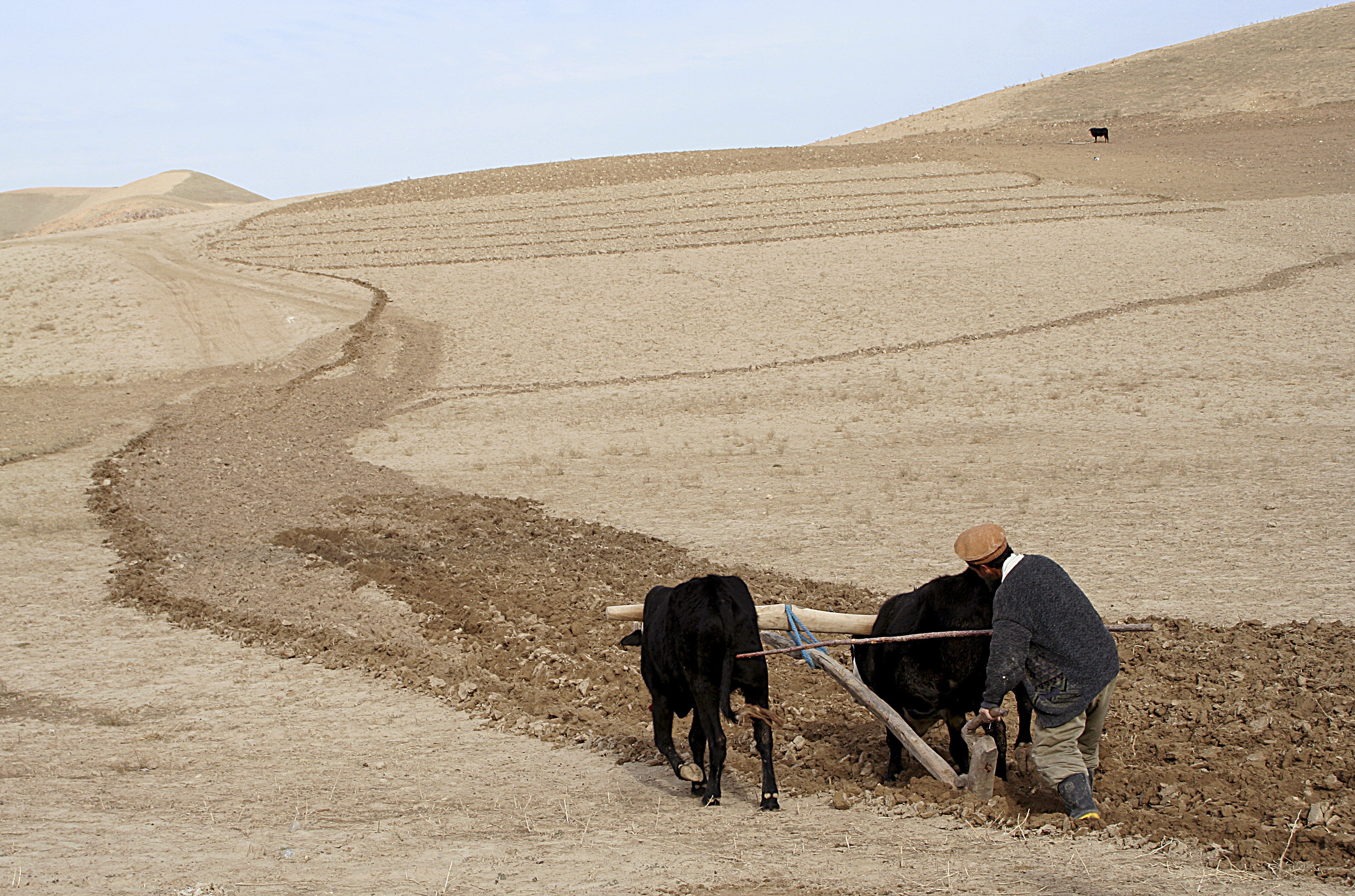United Nations Economic and Social Commission for Asia and the Pacific (UNESCAP)

ESCAP provides support on the follow-up and review of SDG 6 at the regional level by facilitating intergovernmnetal processes, coordination of key actors in the water and sanitation sector, development of knowledge products, and by providing technical support and capacity building to its member States, including on integrated water management, source to sea approaches, water management for resilient and sustainable cities, water and sanitation in a contect of COVID, and management of pollution (plastic and industrial waste).
Estimated budget for water and sanitation activities (USD):
0-1 million



